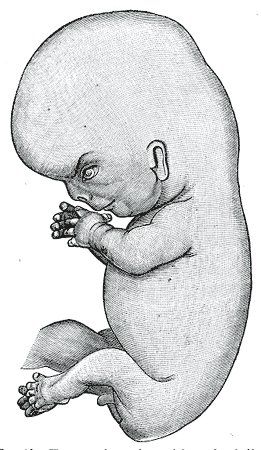At the core of embryo development
Regulation of gene transcription is critical for development and growth of any organism. EU-funded research has delved into the molecular mechanisms that control the initiation of gene transcription in the developing embryo.
The downstream core promoter element (DPE) is a core promoter element that plays an important part in initiating the expression of genes. The DPE is particularly important as it is conserved from Drosophila to humans. The 'Molecular studies of transcription and core promoter regulation of critical developmental genes' (DPE CORE PROMOTERS) project is studying the functions and regulation of this key DNA motif.
DPE activity is widespread in diverse developmental pathways. The scientists have previously demonstrated that the majority of Drosophila Hox genes, which are involved in development of the embryonic body plan, contain DPE motifs. Abnormal expression of Hox genes can give rise to leukaemias and lymphomas. DPE CORE PROMOTERS examined the dorsal–ventral developmental gene network, and showed that the majority of Dorsal target genes contain DPE motifs, are evolutionarily conserved and functionally dependent on the DPE.
Using biochemical complementation techniques, the researchers discovered a DPE transcription factor in Drosophila. TATA binding protein-related factor 2 (TRF2) is present as two isoforms: short and long TRF2. Project findings highlight the role of short TRF2 as a preferential core promoter regulator.
The scientists also investigated Caudal, a master regulator of genes and a DPE-specific activator. They found that preferential activation of core promoters is evolutionarily conserved, and there is a possible link of an auto-regulatory feedback loop induced by the maternal Caudal protein. The researchers also identified a Caudal co-activator.
DPE CORE PROMOTERS has uncovered the broad role played by DPE in key biological processes. Results may translate into clinical practice as faulty regulation of gene expression at this early stage can emerge later as diseases such as cancer.
published: 2015-05-06
